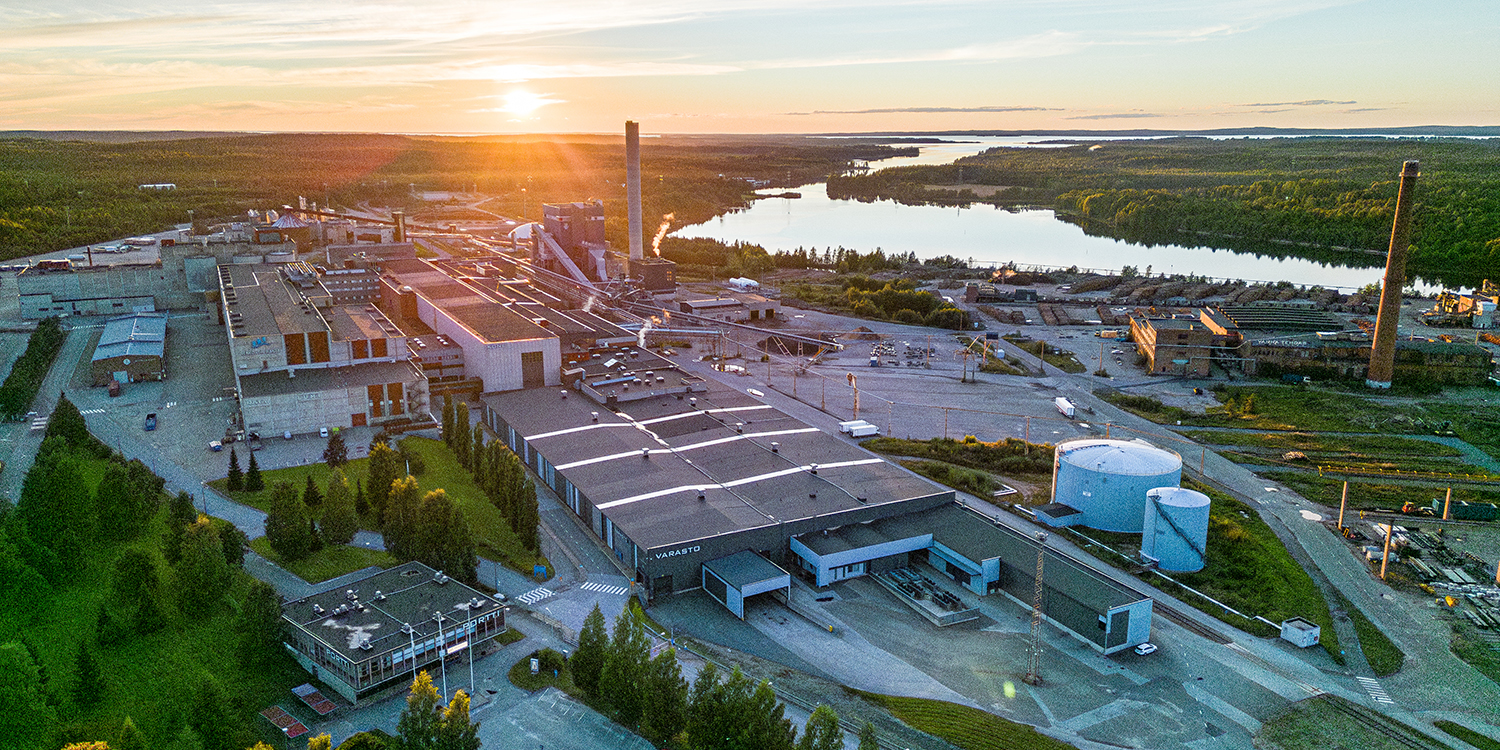
Quantum computing enables new types of breakthroughs
Quantum computing is a new, rapidly developing branch of scientific computing that creates enormous potential for scientific and commercial breakthroughs. CSC is strongly involved in building a national and international quantum computing ecosystem.
Quantum computers and supercomputers work together
A quantum computer can solve certain types of problems much faster than a conventional supercomputer. Rather than replacing the supercomputer, however, the two operate side by side, complementing each other. This combination is an elemental part of future supercomputer solutions.
A quantum computer needs a supercomputer to control quantum calculations, review the results and solve those parts of the overall problem for which the quantum computing method is not suitable. On the other hand, quantum-accelerated high-performance computing makes supercomputers even more powerful.
In 2022, the LUMI supercomputer hosted by CSC and the Helmi quantum computer of VTT Technical Research Centre of Finland were combined in cooperation between VTT, CSC and Aalto University. This was the first time in Europe that a supercomputer connected to a universal quantum computer became available to European researchers.
This configuration enables scientists at higher education institutions and research institutes to run quantum programs and algorithms with the right hardware. To access the quantum computer Helmi, researchers can submit a quantum computing project proposal for the supercomputer LUMI in CSC’s customer portal at my.csc.fi. Business use is also possible.
CSC participates in quantum technology cooperation within the framework of the Finnish Quantum-Computing Infrastructure (FiQCI). CSC is also involved in several international projects to develop quantum-accelerated computing. For example, the NordIQuEst project is developing Nordic basis for quantum computing. Through the LUMI-Q consortium, the quantum computing ecosystem is being developed in a pan-European collaboration. In OpenSuperQ+ project, 28 European research partners from ten different countries work together to develop a 1,000 qubit quantum computer.
.
Quantum computing simulator
CSC’s Kvasi quantum simulator enables scientists to prepare for the forthcoming quantum era and learn to use and develop new quantum algorithms, both in ideal conditions and realistic disruptive conditions. Kvasi is able to simulate a 30-qubit quantum computer. Several other quantum computing simulation and programming environments are also available on the CSC computing servers.
Benefits and use cases of a quantum computer
The competition for the benefits of quantum technology is global, and significant steps forward have been taken in developing quantum computers in Finland. We are well placed to become one of the world’s leading countries in quantum technology use.
The following are some of the cases in which the extremely high performance of a quantum computer can be used:
- Developing new products and materials, for example, in the pharmaceutical, chemical and battery industries.
- Solving optimization problems in such areas as supply chain and travel route planning, and portfolio management.
- Fields in which the quality and accuracy of computational forecasts are critical but there is limited time to find the answer. Examples of this include short-term weather forecasts aimed at rapidly and accurately predicting thunderstorms or the progress of a hurricane, tsunami or similar.
- Climate modelling, artificial intelligence and more efficient machine learning.
What is a quantum computer?
A quantum computer is subject to the strange laws of quantum mechanics. The efficiency of a quantum computer is based on the use of these counter-intuitive quantum-physical phenomena in computation. A standard computer bit can get the value of one or zero. A quantum computer bit, or qubit, can have the values of 1 and 0, and everything in between, at the same time. When the qubits find themselves in a superposition of this type, all possible inputs can be executed at once. In a classic supercomputer, they have to be computed individually.
The vast speed of quantum computer is based not only on superposition, but also on quantum entanglement and other phenomena that only a quantum computer can control. In the future, a sufficiently mature quantum computer may solve certain computational problems that conventional supercomputers can never tackle. The combination of classical binary computing and quantum computing opens the door to a new way of science and product development.
Although quantum computers are already widely used in research, much work remains to be done before quantum computing becomes an everyday tool. However, the pace of work is accelerating. The combined infrastructure of high performance computing and quantum computing will provide an important basis for this development.
Quantum computing ecosystem
Finland’s first quantum computer was VTT Technical Research Centre of Finland’s Helmi, which offered five qubits of computing power. The current quantum computer has 20 cubits and the 50-qubit quantum computer is due for completion in 2024. CSC is involved in building a quantum computing ecosystem in which a quantum computer and a supercomputer work together.
Contact information

Mikael Johansson
Mikael Johansson enables the uptake of quantum computing and communications at CSC, and develops quantum infrastructure as an integral part of the high-performance computing ecosystem.
News
Customer stories
Subscribe to our newsletters!
From our newsletters you will get up-to-date information about the services we offer for research and the trainings we provide.


